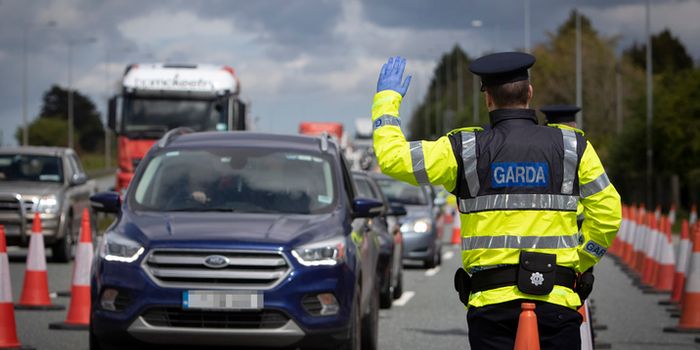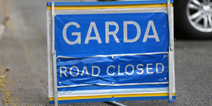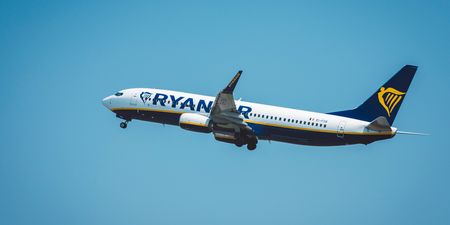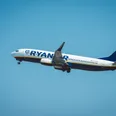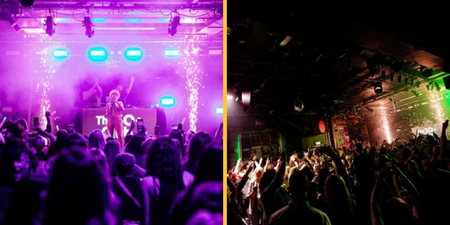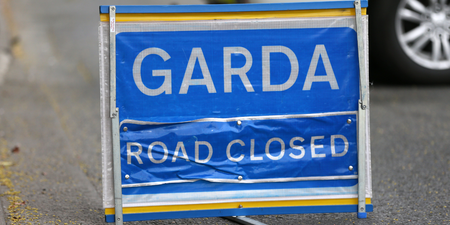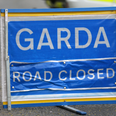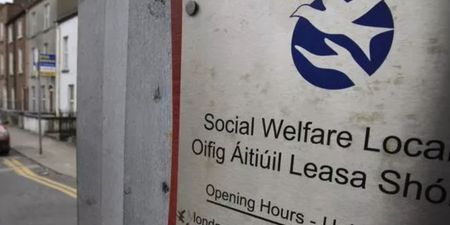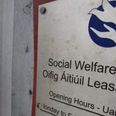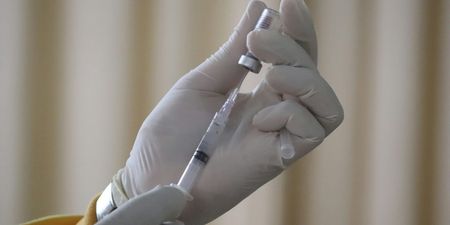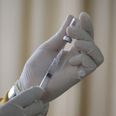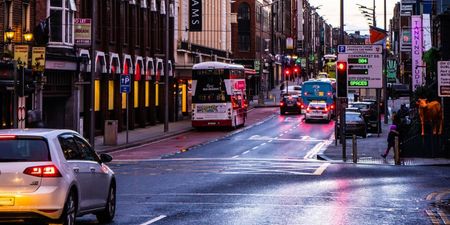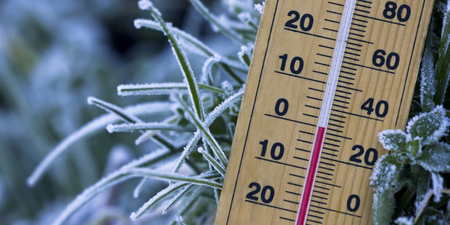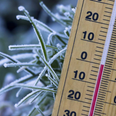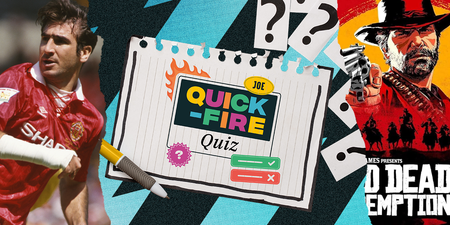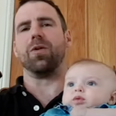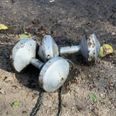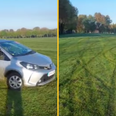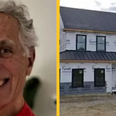Operation Fanacht will recommence in Donegal from midnight on Friday.
An Garda Síochána will seek to ensure compliance with public health regulations in Donegal with targeted checkpoints throughout the county.
On Thursday, it was confirmed that Donegal would move to Level 3 Status in light of an escalation of the number of cases of Covid-19 in the county in recent weeks.
In the last two weeks, the number of cases per 100,000 people in Donegal has risen to 148.2, the highest in the country. In the area of Lifford and Stranorlar alone, it has increased to 336 cases per 100,000 people.
In an effort to support public compliance with the public health measures that apply to Donegal now it has entered Level 3 Status, targeted Garda checkpoints will be set up throughout the county.
Amongst the restrictions that now apply to Donegal is that indoor gatherings will be banned and outdoor gatherings will be strictly limited to 15 people.
Households will be limited to a maximum of six visitors from one other household, and weddings and funerals will be limited to a maximum of 25 attendees.
One major difference from Dublin, which is also in Level 3, is that pubs that don’t serve food in Donegal will be allowed stay open, but can only serve a maximum of 15 people and they must be outdoors.
Operation Fanacht will see a high level of visibility of members of An Garda Síochána in the county, particularly in relation to social distancing and gathering in large groups at amenities and open spaces.
Reemphasising a message from the Chief Medical Officers in the Republic of Ireland and Northern Ireland on Friday, meanwhile, An Garda Síochána issued a reminder that people are being encouraged not to travel out of or into Donegal unless absolutely necessary.
Garda activity in Donegal will be supplemented by Garda personnel from nearby counties, particularly Leitrim and Sligo, who will focus on patrols of destination public amenities and open spaces in those counties. This activity will consist of targeted patrols and checkpoints to check compliance with Public Health Regulations.
An Garda Síochána will also continue to work in co-operation with the Police Service of Northern Ireland (PSNI) to support public health efforts to reduce the spread of Covid-19 on the island of Ireland through rolling cross-border checkpoints in relevant locations.
In supporting the Covid-19 public health guidelines and regulations, An Garda Síochána said it has adopted and will continue to adopt a graduated policing response based on its tradition of policing by consent whereby Garda members engage, educate, encourage and, as a last resort, enforce.
Commenting on the recommencement of Operation Fanacht in Donegal, Deputy Commissioner, Policing and Security, John Twomey said: “We all have a role individually and collectively in protecting ourselves, our families, our communities and the most vulnerable.
“It is vital that we all play our part to help reduce the spread of Covid-19 by adhering to the public health regulations and guidelines. An Garda Síochána will do its part in keeping people safe. Operation Fanacht is intended to work with communities to support public health measures.”
“Local Gardaí continue to be available to support individuals and local communities, in particular the most vulnerable in our society during this time. If you are feeling isolated or need help with shopping, collecting your prescription or anything else similar, please contact your local Garda station.”
Deputy Commissioner Twomey also addressed the issue of domestic abuse in light of increased restrictions, saying: “An Garda Síochána is fully aware of the impact increased restrictions may have on those who are subject to domestic abuse and do not feel safe in their homes.
“An Garda Síochána takes domestic abuse very seriously. If you are in danger, call 999 at any time. If you feel you are not in immediate danger and you require advice and assistance, you can visit or call your local Garda Station and ask to speak with a Garda in private.
“If you know of someone who cannot speak for themselves please contact your local Garda station.”
LISTEN: You Must Be Jokin’ with Aideen McQueen – Faith healers, Coolock craic and Gigging as Gaeilge
